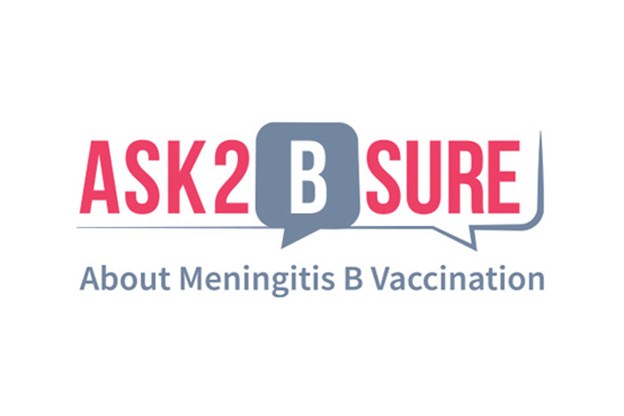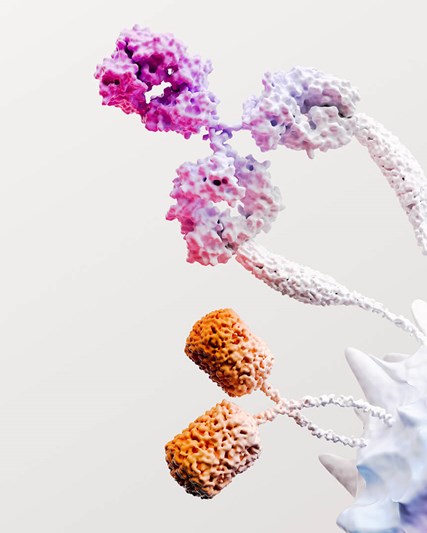The facts about Meningitis
Who should get vaccinated against meningitis?
CDC recommends meningitis A, C, W, Y vaccination for adolescents at age 11 or 12 years, with a booster at 16. Teens and young adults aged 16 through 23 years may also be vaccinated against serogroup B, preferably at 16 through 18 years old based on a conversation between a healthcare provider and a patient.5 Meningitis B vaccination has only been available since 2014, and 7 out of 10 17-year-olds had not received at least one dose of meningitis B vaccine as of 2020.4
Parents should talk to their teen or young adult’s healthcare provider about meningitis and the two different types of vaccinations available that can help protect against the five vaccine-preventable groups of the disease.
Ask2BSure

GSK’s Ask2BSure campaign was created to educate and empower parents of teens and young adults to start the vaccination discussion with their child’s doctors and to “ask to be sure” about meningitis B vaccination. The initiative shares key facts, conversation starters and personal stories to bring awareness to the disease and what parents can do to help protect their children.
Learn more about the meningitis from our public health partners:
Disclaimer: External sites linked are not endorsed by GSK. We are not responsible for information that is provided on these sites.
References
1 MeningitisB.com. What is Meningitis? Available at: https://www.meningitisb.com/what-is-meningitis/. Accessed June 2022.
2 CDC. Meningococcal Vaccination: What Everyone Should Know. Available at: www.cdc.gov/vaccines/vpd/mening/public/index.html Accessed June 22022
3 CDC. ACIP Shared Clinical Decision-Making Recommendations, Available at: https://www.cdc.gov/vaccines/acip/acip-scdm-faqs.html. Accessed June 2022.
4 National, Regional, State, and Selected Local Area Vaccination Coverage Among Adolescents Aged 13–17 Years — United States, 2019. 2020; 69(33). Morbidity and Mortality Weekly Report. https://www.cdc.gov/mmwr/volumes/69/wr/pdfs/mm6933-H.pdf. Accessed June 2022.



